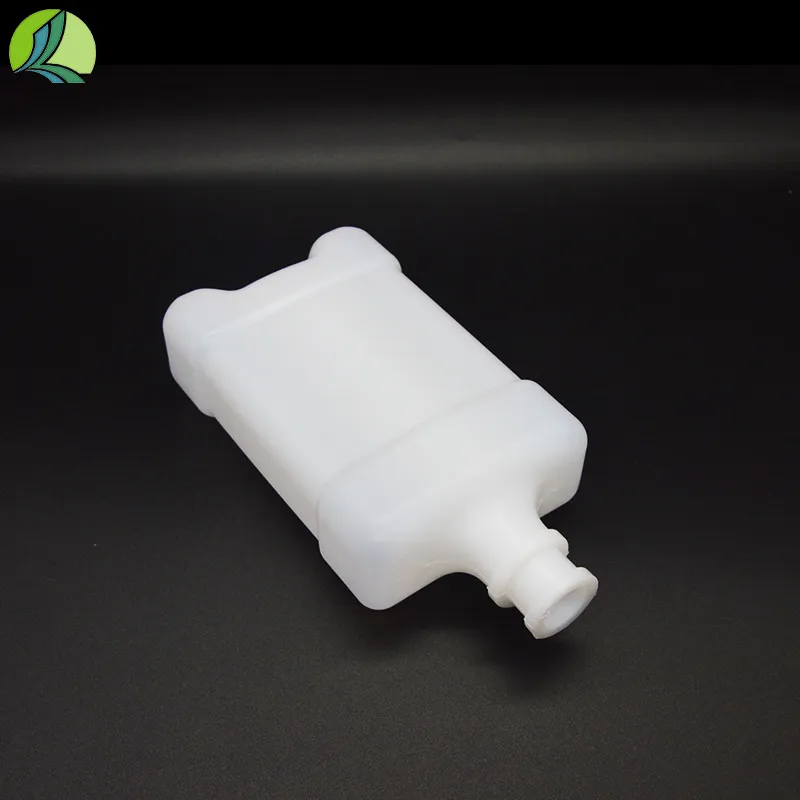
-
 Afrikaans
Afrikaans -
 Albanian
Albanian -
 Amharic
Amharic -
 Arabic
Arabic -
 Armenian
Armenian -
 Azerbaijani
Azerbaijani -
 Basque
Basque -
 Belarusian
Belarusian -
 Bengali
Bengali -
 Bosnian
Bosnian -
 Bulgarian
Bulgarian -
 Catalan
Catalan -
 Cebuano
Cebuano -
 Corsican
Corsican -
 Croatian
Croatian -
 Czech
Czech -
 Danish
Danish -
 Dutch
Dutch -
 English
English -
 Esperanto
Esperanto -
 Estonian
Estonian -
 Finnish
Finnish -
 French
French -
 Frisian
Frisian -
 Galician
Galician -
 Georgian
Georgian -
 German
German -
 Greek
Greek -
 Gujarati
Gujarati -
 Haitian Creole
Haitian Creole -
 hausa
hausa -
 hawaiian
hawaiian -
 Hebrew
Hebrew -
 Hindi
Hindi -
 Miao
Miao -
 Hungarian
Hungarian -
 Icelandic
Icelandic -
 igbo
igbo -
 Indonesian
Indonesian -
 irish
irish -
 Italian
Italian -
 Japanese
Japanese -
 Javanese
Javanese -
 Kannada
Kannada -
 kazakh
kazakh -
 Khmer
Khmer -
 Rwandese
Rwandese -
 Korean
Korean -
 Kurdish
Kurdish -
 Kyrgyz
Kyrgyz -
 Lao
Lao -
 Latin
Latin -
 Latvian
Latvian -
 Lithuanian
Lithuanian -
 Luxembourgish
Luxembourgish -
 Macedonian
Macedonian -
 Malgashi
Malgashi -
 Malay
Malay -
 Malayalam
Malayalam -
 Maltese
Maltese -
 Maori
Maori -
 Marathi
Marathi -
 Mongolian
Mongolian -
 Myanmar
Myanmar -
 Nepali
Nepali -
 Norwegian
Norwegian -
 Norwegian
Norwegian -
 Occitan
Occitan -
 Pashto
Pashto -
 Persian
Persian -
 Polish
Polish -
 Portuguese
Portuguese -
 Punjabi
Punjabi -
 Romanian
Romanian -
 Russian
Russian -
 Samoan
Samoan -
 Scottish Gaelic
Scottish Gaelic -
 Serbian
Serbian -
 Sesotho
Sesotho -
 Shona
Shona -
 Sindhi
Sindhi -
 Sinhala
Sinhala -
 Slovak
Slovak -
 Slovenian
Slovenian -
 Somali
Somali -
 Spanish
Spanish -
 Sundanese
Sundanese -
 Swahili
Swahili -
 Swedish
Swedish -
 Tagalog
Tagalog -
 Tajik
Tajik -
 Tamil
Tamil -
 Tatar
Tatar -
 Telugu
Telugu -
 Thai
Thai -
 Turkish
Turkish -
 Turkmen
Turkmen -
 Ukrainian
Ukrainian -
 Urdu
Urdu -
 Uighur
Uighur -
 Uzbek
Uzbek -
 Vietnamese
Vietnamese -
 Welsh
Welsh -
 Bantu
Bantu -
 Yiddish
Yiddish -
 Yoruba
Yoruba -
 Zulu
Zulu
Jan . 29, 2025 03:17
Back to list
plastic reagent bottle factory
Small reagent bottles, often overlooked, hold significant value in both research and industry settings. Their integral role in scientific experiments, pharmaceuticals, and chemical industries cannot be overstressed. These diminutive containers are specifically designed to securely store and dispense various reagents, ensuring their integrity and efficacy for accurate experimental results.
In the pharmaceutical industry, reagent bottles play an authoritative role in quality control. They are used to store active pharmaceutical ingredients (API) during various stages of drug development. A bottle's ability to protect these sensitive compounds from atmospheric conditions is paramount. Many professionals in the field have iterated that the failure to use the correct bottle type has led to costly product recalls and halts in production, reiterating the significant impact of these small yet powerful containers. Furthermore, the trustworthiness of a reagent bottle extends to environmental considerations. With sustainability becoming increasingly critical, there is a shift towards more eco-friendly materials and manufacturing processes in bottle production. Companies dedicated to reducing their carbon footprint might opt for recyclable or biodegradable bottles, aligning with global green initiatives. Scientists and industrial users alike are increasingly vocal about their preference for such sustainable options, ensuring that their work not only meets scientific standards but also environmental responsibilities. In summary, small reagent bottles are more than just storage options. They are crucial assets that contribute significantly to the efficiency, safety, and fidelity of chemical handling in diverse sectors. Their influence spans accuracy in scientific research to regulatory compliance and environmental sustainability. As professionals continue to prioritize these elements, the ongoing development and innovation in reagent bottle designs and materials will likely continue to advance, further securing their role in future scientific and industrial endeavors.


In the pharmaceutical industry, reagent bottles play an authoritative role in quality control. They are used to store active pharmaceutical ingredients (API) during various stages of drug development. A bottle's ability to protect these sensitive compounds from atmospheric conditions is paramount. Many professionals in the field have iterated that the failure to use the correct bottle type has led to costly product recalls and halts in production, reiterating the significant impact of these small yet powerful containers. Furthermore, the trustworthiness of a reagent bottle extends to environmental considerations. With sustainability becoming increasingly critical, there is a shift towards more eco-friendly materials and manufacturing processes in bottle production. Companies dedicated to reducing their carbon footprint might opt for recyclable or biodegradable bottles, aligning with global green initiatives. Scientists and industrial users alike are increasingly vocal about their preference for such sustainable options, ensuring that their work not only meets scientific standards but also environmental responsibilities. In summary, small reagent bottles are more than just storage options. They are crucial assets that contribute significantly to the efficiency, safety, and fidelity of chemical handling in diverse sectors. Their influence spans accuracy in scientific research to regulatory compliance and environmental sustainability. As professionals continue to prioritize these elements, the ongoing development and innovation in reagent bottle designs and materials will likely continue to advance, further securing their role in future scientific and industrial endeavors.
Share
Latest news
-
Premium 200ml Medicine Bottles – Leakproof Dropper & Spray Options at Best PriceNewsJul.05,2025
-
PTFE Centrifuge Tubes - Chemical Resistant, Leak-proof, Ideal for Laboratory UseNewsJul.05,2025
-
Premium Metal Dropper Bottle for Precise Dispensing 250ml & 1ml Options AvailableNewsJul.04,2025
-
20 ml Headspace Vials - High Quality Polyethylene & Plastic Vials for Lab UseNewsJul.04,2025
-
Small Bottle with Pipette - Precise Dispensing 100ml Pipette Bottles for Essential Oils & Lab UseNewsJun.24,2025
-
Acetic Anhydride Bottle for Accurate Dropper Measurement in Pharmacy Use High-Quality Dropper BottlesNewsJun.10,2025
RECOMMEND PRODUCTS





















